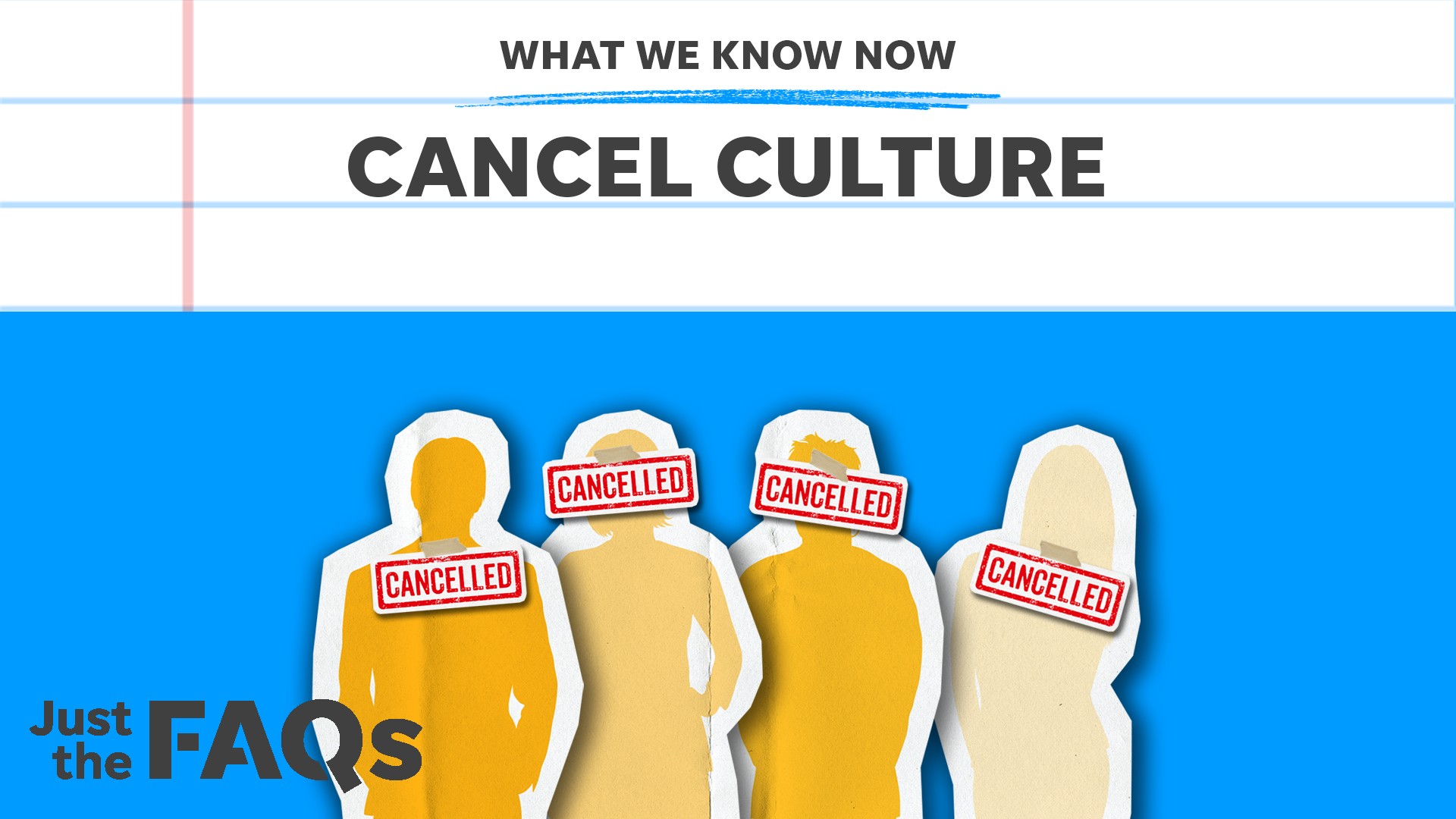The internet is ablaze with calls to #CancelNetflix following a significant political donation by Netflix co-founder and executive chairman, Reed Hastings. Hastings contributed $7 million to a super PAC backing Vice President Kamala Harris’ presidential campaign, igniting a firestorm of criticism and boycott threats, predominantly from conservative voices. This unprecedented donation, the largest single campaign contribution ever made by Hastings, has reignited the debate surrounding “cancel culture” and corporate political involvement.
The $7 Million Donation That Ignited the #CancelNetflix Trend
Variety reported that Hastings’ $7 million donation to the pro-Harris super PAC is the largest he’s ever made. While Hastings and his wife have a history of substantial Democratic party donations, this particular contribution has sparked a unique backlash. Following the donation, Hastings posted a congratulatory message to Harris on social media, expressing optimism for her campaign. This post was met with a torrent of negative responses, with many users threatening to cancel their Netflix subscriptions in protest. A significant portion of these responses came from individuals identifying as conservatives, patriots, and MAGA supporters.
Cancel Culture or Accountability Culture? The Debate Continues
The #CancelNetflix hashtag quickly gained traction, becoming a trending topic and highlighting the ongoing discourse surrounding cancel culture. Some argue that this represents a legitimate form of accountability, holding individuals and organizations responsible for their actions and affiliations. Others view it as an overzealous form of public shaming and censorship. Jenna Ellis, former attorney for Donald Trump, amplified the boycott calls on social media, suggesting that this is just the beginning of a larger movement. The incident involving Hastings’ donation follows a pattern of Hollywood figures expressing dissatisfaction with President Biden’s performance, including calls for him to withdraw from the presidential race.
A Brief History of Netflix: From DVDs to Streaming Giant
Founded in 1997 by Marc Randolph and Reed Hastings in Scotts Valley, California, Netflix initially operated as a DVD rental service. Its subscription model, eliminating due dates and late fees, quickly gained popularity. By 1999, Netflix boasted nearly 240,000 subscribers. The company transitioned to streaming in 2007 and began producing original content in 2012, starting with “Lilyhammer.” The critically acclaimed “House of Cards” in 2013 solidified Netflix’s position as a major player in the entertainment industry.
 Netflix DVD envelope
Netflix DVD envelope
Netflix discontinued its DVD service in 2023, focusing solely on streaming. As of 2024, the company reported approximately 277.65 million paid subscribers globally. Headquartered in Los Gatos, California, with a significant presence in Hollywood, Netflix employs around 13,000 people worldwide. This recent controversy surrounding Hastings’ political donation raises questions about the potential impact on the company’s subscriber base and its future direction in the increasingly politicized entertainment landscape.
Conclusion: The Future of Netflix in a Politically Charged Environment
The #CancelNetflix movement highlights the potential consequences of corporate political involvement in today’s highly polarized climate. While Hastings’ donation is legally permissible, it has sparked a significant backlash among a segment of Netflix’s customer base. The long-term effects of this controversy on the streaming giant remain to be seen, but it underscores the delicate balance companies must navigate when engaging in political discourse. The incident serves as a reminder of the power of consumer activism and the potential for political stances to impact brand loyalty in the digital age.